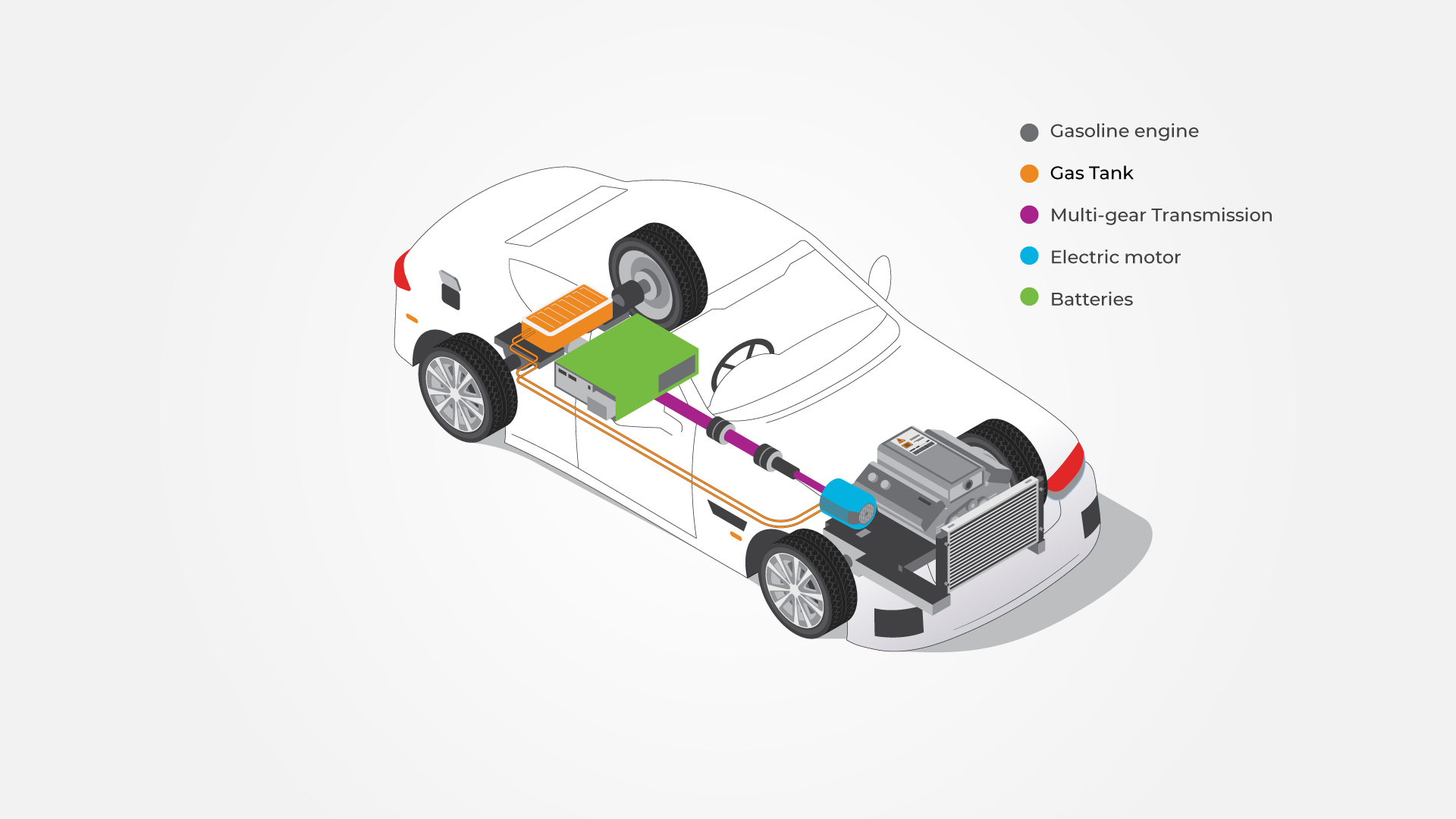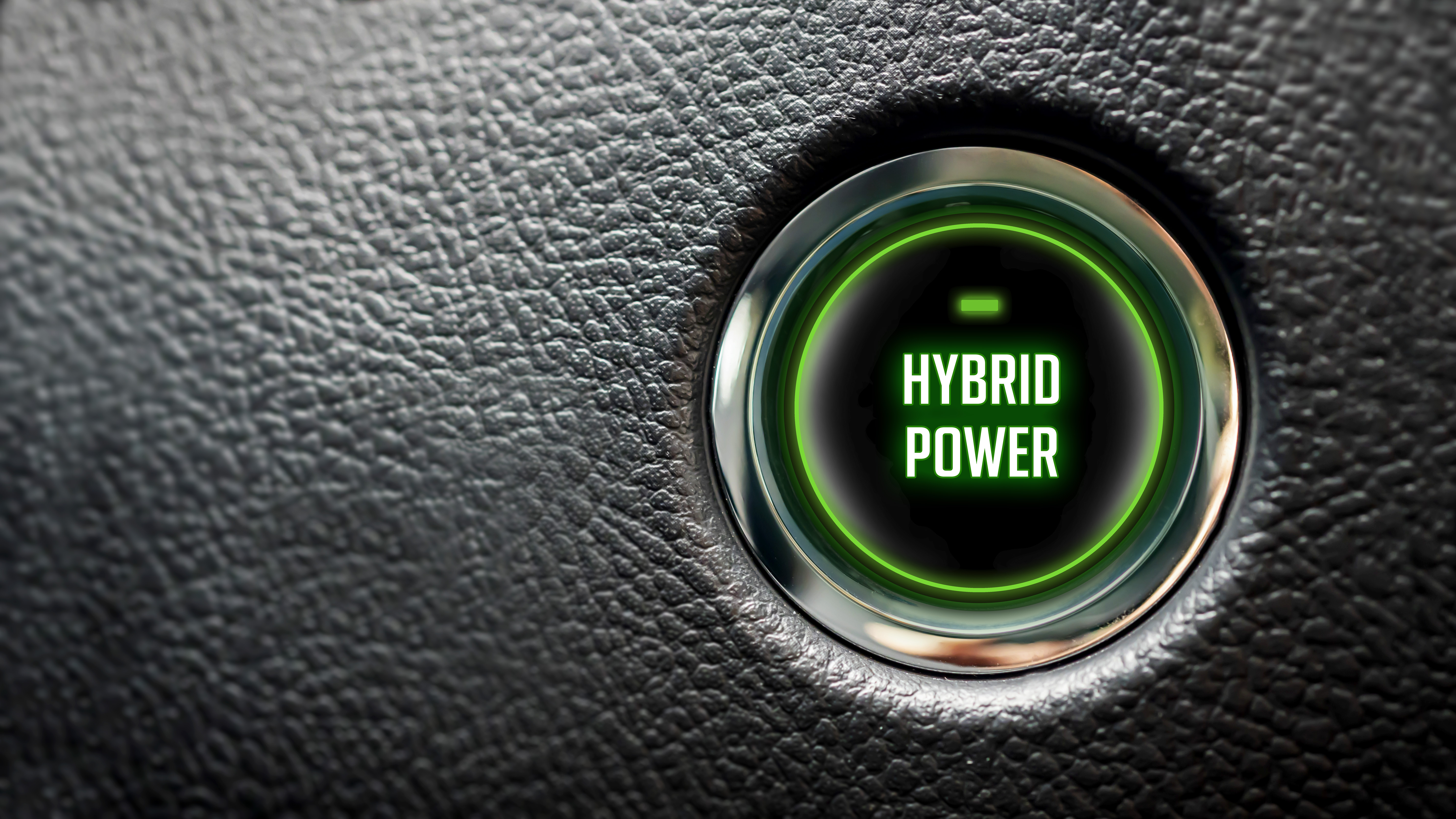In recent years, electric vehicles (EVs) have dominated headlines and conversations as the future of automotive transportation. With their promise of zero emissions and sustainability, EVs have captured the imagination of consumers and policymakers alike. However, amidst the EV frenzy, another technology has quietly been gaining traction: Hybrid cars. Eco-friendly vehicles, dual powertrain, green driving
Let's just take the Indian automotive market as an example. In 2023, sales of hybrid cars overtook sales of EVs with an all-time high of 82,607 units which is a four folds increase from under 20,000 units in 2022. This is despite hybrids attracting 43% GST (Goods and Service Tax) while EVs attract only 5% . This trend of choosing Hybrid over EV is not limited to the Indian market, but is also seen globally. Indian market trends, vehicle sales statistics, tax impacts on vehicle choice
Toyota has forecasted a record USD 30.3 billion net profit for the fiscal year ending March thanks to higher sales of hybrid vehicles. In 2023, Toyota sold about USD 3.4 million hybrid vehicles, up from USD 2.6 million the previous year. During the nine-month period through December, Toyota clocked its biggest growth in North America, where sales volume climbed 17% over the same period a year earlier. Toyota's hybrid sales, automotive market profits, North American vehicle trends
In 2023 about 1.4 million hybrid and plug-in hybrid vehicles were sold, compared with 1.1 million EVs, according to data from car-shopping website Edmunds, i.e., Hybrid sales were up 63% from the previous year, while EV sales climbed 51%. This drastic change is driven mainly by versatility provided by Hybrids. Unlike EVs, which rely solely on electric power and require charging infrastructure, hybrid cars offer the convenience of both electric and gasoline power. This dual-powertrain system provides drivers with the flexibility to switch between electric mode for short trips and gasoline mode for longer journeys, alleviating range anxiety and addressing the lack of charging infrastructure in many regions. Vehicle sales comparison, electric versus hybrid vehicles, charging infrastructure challenges
History in brief
Hybrid cars, which combine an internal combustion engine with an electric motor and battery, have been on the market for over two decades. Initially met with skepticism and uncertainty, hybrid technology has undergone significant advancements, making hybrid cars more efficient, affordable, and appealing to a wider audience. Hybrid vehicle history, technological advancements, automotive market evolution.

Benefit's of Hybrid over EV
- Range Anxiety: One of the primary concerns with fully electric vehicles is range anxiety. Drivers are worried about running out of charge before even reaching their destination, in this case, hybrid cars offer a solution. Alongside electric motors efficiency, hybrid also provides an ICE engine's security to eliminate range anxiety. Solving range anxiety, hybrid vehicle advantages, electric motor efficiency
- Transition Period: Many regions and countries are now in transitioning phase from gasoline to EVs simultaneously. In places where EV adoption is slower, may it be due to infrastructure or lack of adoption, hybrids can be a suitable alternative. While charging infrastructure for EVs is expanding, it's still not as widespread as petrol stations. Hybrids can be fueled up at any petrol station, making them more practical for areas with limited charging stations. Transitioning to EVs, hybrid as an alternative, fueling convenience
- Environmental Benefits: Hybrids are more fuel-efficient and produce fewer emissions than traditional ICE vehicles. Even when EVs are the greenest option available today hybrids are a step in the right direction for the environment. Environmental impact, fuel efficiency, reduced emissions
Disadvantages of Hybrid car
- Less Horsepower: Hybrids may not possess the same overall horsepower as a traditional car. The Power of Hybrid car is shared between a smaller engine and the electric battery in a hybrid, it means some hybrids have less punch and lower acceleration than their counterparts. This becomes an issue for drivers who are into fast accelerating vehicles. Power and performance, vehicle acceleration, engine size
- More Expensive to buy: The cost of running a hybrid car may be cheaper, which is due to their improved fuel economy, but they are also more expensive to buy initially. This is due to the complex nature of their power train and advanced technology; hence they can be seen priced higher than comparative petrol or diesel cars. Vehicle cost comparison, fuel economy, advanced technology
- Maintenance cost: Generally, maintenance of hybrids shouldn’t cost more than the average car. However, a specialist in hybrid car is needed as a mechanic, who are often harder to find, making maintenance costs go up than usual. Furthermore, while not considered part of regular maintenance, the main battery pack in a hybrid will eventually need replacing due to wear, age, or both. Hybrid batteries cost more to replace than a standard car battery which is a cost to customer. However, manufacturers generally offer a five-year, or 100,000 km warranty on them to reduce the burden on customers. Maintenance and repair, hybrid specialists, battery replacement costs
Take away
Even though electric vehicles are dominating the headlines and capture the imagination of consumers, hybrid cars have quietly been thriving in the background. As a versatile, environmentally friendly, and improved efficiency tags hybrids are offering a compelling alternative to EVs. As the automotive industry leans towards a sustainable and greener future, hybrids are going to be a bridge between ICE to EV. Sustainable driving, automotive industry trends, future vehicle technology
